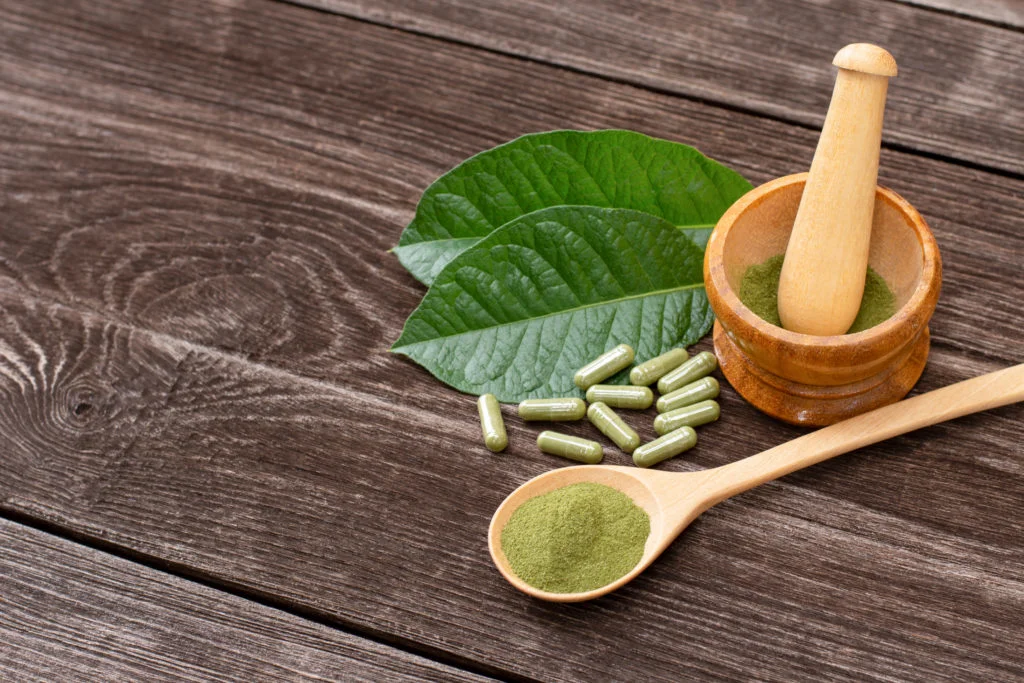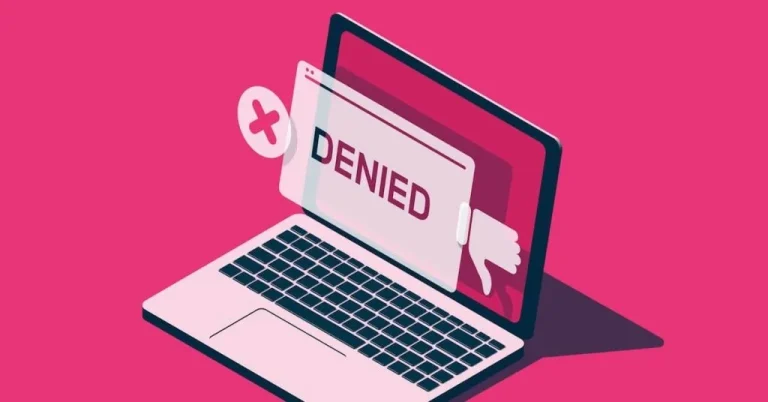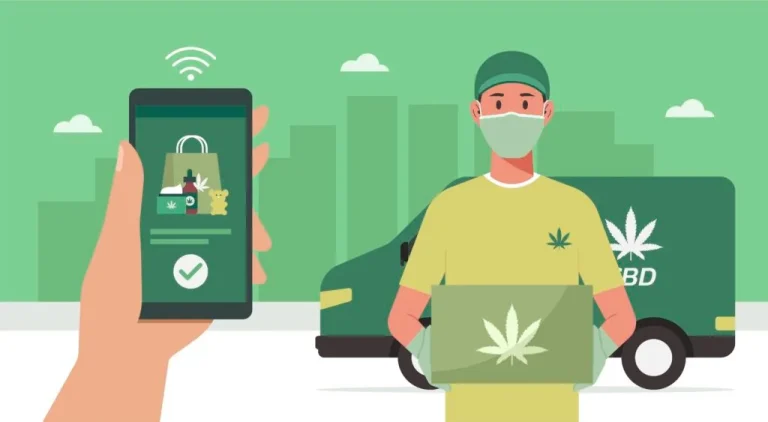Table of Contents
ToggleKratom, an herb derived from a tree native to Asia, is gaining popularity across the US due to its therapeutic benefits. Kratom consumers report relief in several ways, but do the benefits outweigh the potential risks? Better yet, what is kratom, and is it safe?
It’s a common belief that you can’t go wrong with natural, herbal substances. However, that isn’t always true when it comes to combinations like kratom and marijuana.
Here, you’ll find the Elevate Holistics guide on all things kratom and marijuana. Let’s learn more about this fascinating herb, dive into the combination of CBD and kratom, and overview kratom’s safety.
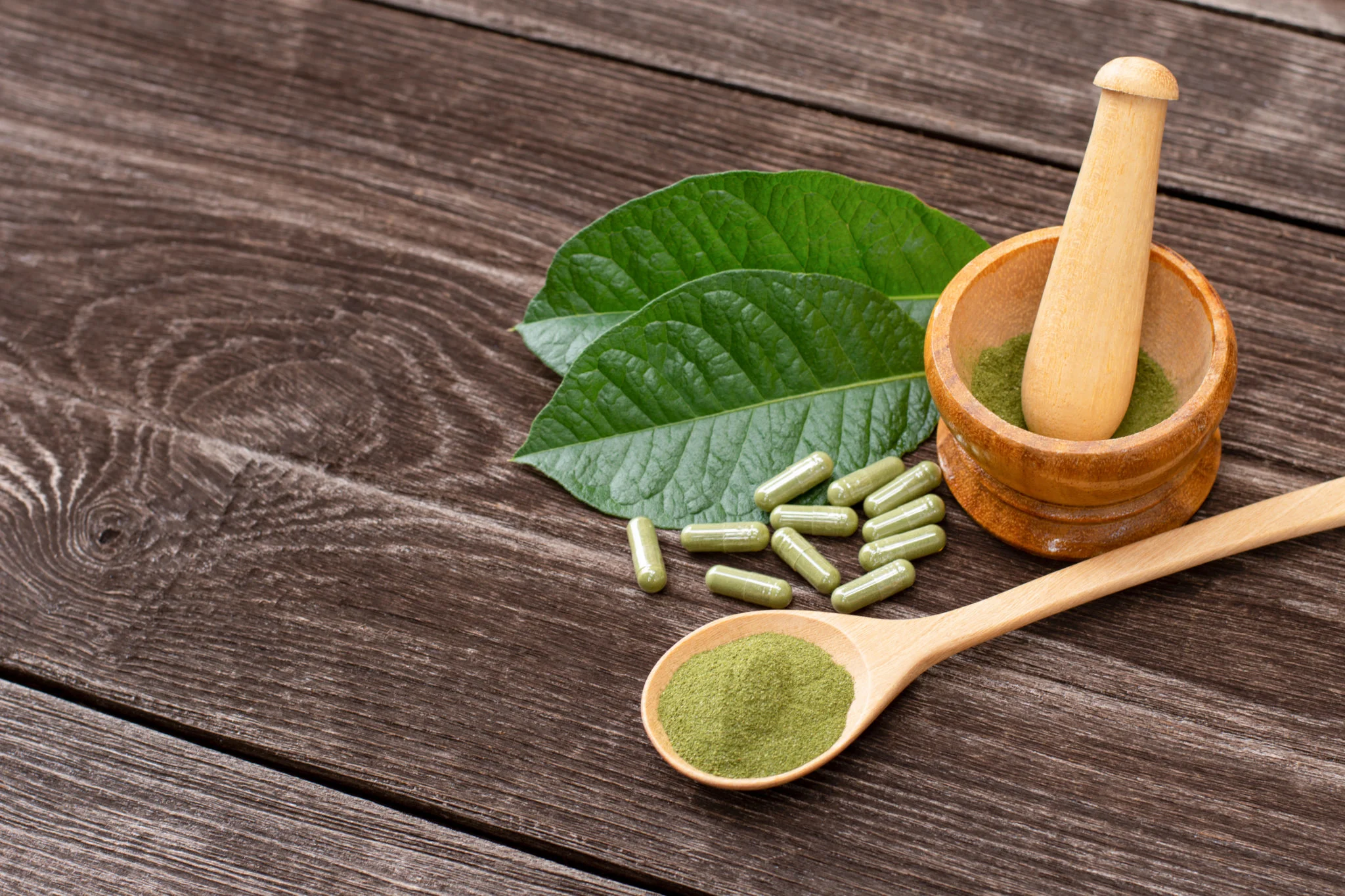
What is Kratom and What Does it Do?
Kratom is an herbal supplement derived from the leaves of a tropical tree native to Southeast Asia, called Mitragyna speciosa – a plant from the coffee family.
Kratom leaves can be made into a powder, brewed, smoked, vaporized, or chewed raw.
Kratom’s two primary bioactive alkaloids are mitragynine and 7-hydroxymitragynine. Mitragynine is responsible for kratom’s analgesia, while 7-hydroxymitragynine is responsible for the plant’s psychoactive properties, which include opioid and non-opioid activities.
Is Kratom Safe?
The United States does not regulate kratom, so the overall safety of kratom products on the market is unclear. Because kratom is unregulated, the adulteration of kratom products is a potential concern.
Kratom vs CBD
CBD is the primary nonpsychoactive cannabinoid in cannabis that possesses many of the plant’s healing properties. Kratom, on the other hand, comes from a completely different plant. Kratom and CBD may produce many of the same effects.
What is Kratom Used For?
For centuries, people have used kratom as a mild stimulant and medicine for various ailments. Historically, field laborers of kratom’s native lands have consumed kratom at low doses to enhance stamina and productivity.
Consumers also used kratom to treat hypertension, diarrhea, cough, and fever. At higher doses, kratom can have relaxing, anxiolytic (anxiety-relieving) effects.
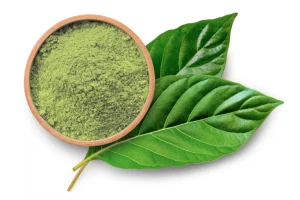
Researchers claim that kratom has analgesic properties and consumers can use it to treat pain. In addition, researchers also believe that kratom can alleviate opioid withdrawal and treat mood disorders.
Kratom consumers report using the herb for pain relief, mood regulation, and to treat substance abuse disorders. Although, according to the FDA, there are no proven medicinal uses for it.
Is Kratom Legal?
Kratom is legal in most US states. Unless a state, city, or county has specifically banned kratom, it is legal. Studies show that an estimated 10 to 16 million people in the United States consume kratom. The states, cities, and counties that have banned kratom include:
- Alabama: Kratom is a Schedule 1 controlled substance in Alabama.
- Arkansas: Kratom is a controlled substance in Arkansas, so it is illegal to purchase and possess kratom.
- Indiana: Indiana classifies kratom as a synthetic drug, so it is banned.
- Jerseyville, Illinois: Kratom is legal in Illinois, except in Jerseyville.
- San Diego, California: Kratom is legal in California, except in San Diego.
- Sarasota County, Florida: Kratom is legal in Florida, except in Sarasota County.
- Tennessee: Tennessee defines kratom as a controlled substance and it is banned.
- Rhode Island: Kratom is currently prohibited for purchase, possession, use, or sale.
- Wisconsin: Wisconsin banned the primary alkaloids in kratom by classifying them as Schedule I drugs.
- Vermont: Kratom is illegal to buy, possess, use, or sell.
In states where kratom is legal, consumers can find kratom at gas stations, smoke shops, and vape stores.
Can You Smoke Kratom With Weed?
So, what’s the deal with kratom and marijuana? Since they are both natural herbs, what could be the harm in combining them? It all comes down to the enzyme CYP3A4 – one of the enzymes that process kratom.
Can You Consume Kratom and CBD Together?
So, how do CBD and kratom interact? The CYP3A4 enzyme metabolizes kratom and CBD. When the same enzyme metabolizes two substances, the competing metabolizations could become toxic over time.
For this reason, and because of the lack of research surrounding the combination of kratom and weed, you shouldn’t mix CBD and kratom. Now, what about kratom and THC?
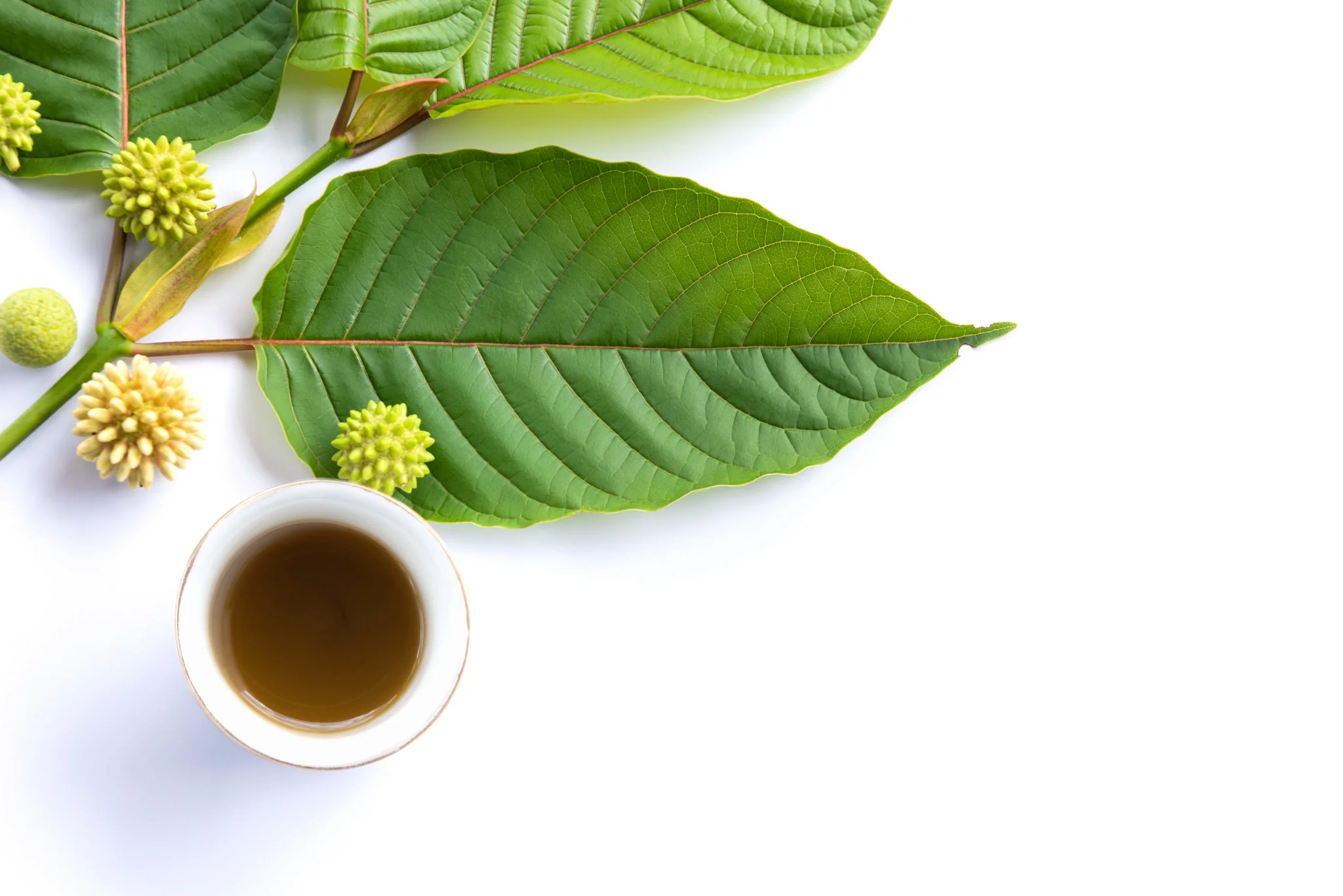
Can You Take Kratom and THC Together?
Secondarily, THC partially uses the CYP3A4 enzyme to metabolize. That means that kratom and THC could also create metabolic competition and result in toxicity.
In conclusion, it’s best to avoid the combination of kratom and marijuana. Keep in mind, cannabis and kratom interact with separate systems in the body, so you are not in immediate danger if you have been combining the two substances. The potential issues lie in the long term.
What are the Side Effects of Kratom?
Potential side effects from using kratom may include:
- Hallucinations
- Delusions
- Mental confusion
- Nausea
- Itchiness
- Dry mouth
- Sweating
- Decreased appetite
- More frequent urination
- Constipation
Kratom carries the risk of addiction, leading to physical dependence and withdrawal symptoms such as:
- Cravings
- Sleep issues
- Anxiety
- Restlessness
- Fatigue
- Tremors
- Muscle aches
- Nausea.
Prolonged consumption of kratom might also result in:
- Significant weight loss
- Anorexia
- Insomnia
Does Kratom Lower Testosterone?
There is ongoing debate and limited research on the impact of kratom on testosterone levels. Some anecdotal reports and preliminary studies suggest that regular, long-term use of kratom may lead to a decrease in testosterone levels in some individuals. This reduction could potentially result in symptoms such as reduced libido, fatigue, and decreased muscle mass. However, more comprehensive and controlled studies are needed to fully understand kratom’s effects on testosterone and hormonal balance in general.
What Does Kratom Do to Serotonin Levels?
Kratom’s effects on serotonin levels are complex and not fully understood. As a substance that acts on the brain’s opioid receptors, kratom may indirectly influence the levels of various neurotransmitters, including serotonin. Some users report mood elevation and reduced anxiety, which could be indicative of kratom’s impact on increasing serotonin or affecting its receptors.
However, the exact mechanism by which kratom interacts with serotonin levels remains unclear, and effects can vary widely among individuals. Like with its effects on testosterone, definitive conclusions about kratom’s impact on serotonin await further scientific investigation.
Elevate Your Wellbeing With Elevate Holistics
What is kratom and is it safe? Kratom is an herb that comes from the Mitragyna speciosa tree of Southeast Asia. In its natural form and apart from cannabis, kratom is generally safe. However, since the US does not regulate kratom, the kratom products you purchase could be adulterated.
What is kratom used for? Commonly, consumers use kratom to alleviate pain, enhance mood, and treat substance abuse disorders.
Is kratom CBD? CBD is a cannabinoid in the cannabis plant; kratom comes from a tropical tree. Since you should not mix CBD and kratom, it is up to you to weigh the benefits of each to decide which herb is best for you.
If you’ve decided cannabis and its cannabinoids are right for you, it’s time to get your medical marijuana card. Luckily, you’re in the right place!
With Elevate Holistics, it’s never been easier to get your medical marijuana card. You book the appointment – we virtually connect you with a certified doctor for medical marijuana certification from the comfort of your home.
Our MMJ card process is safe, secure, and straightforward.


